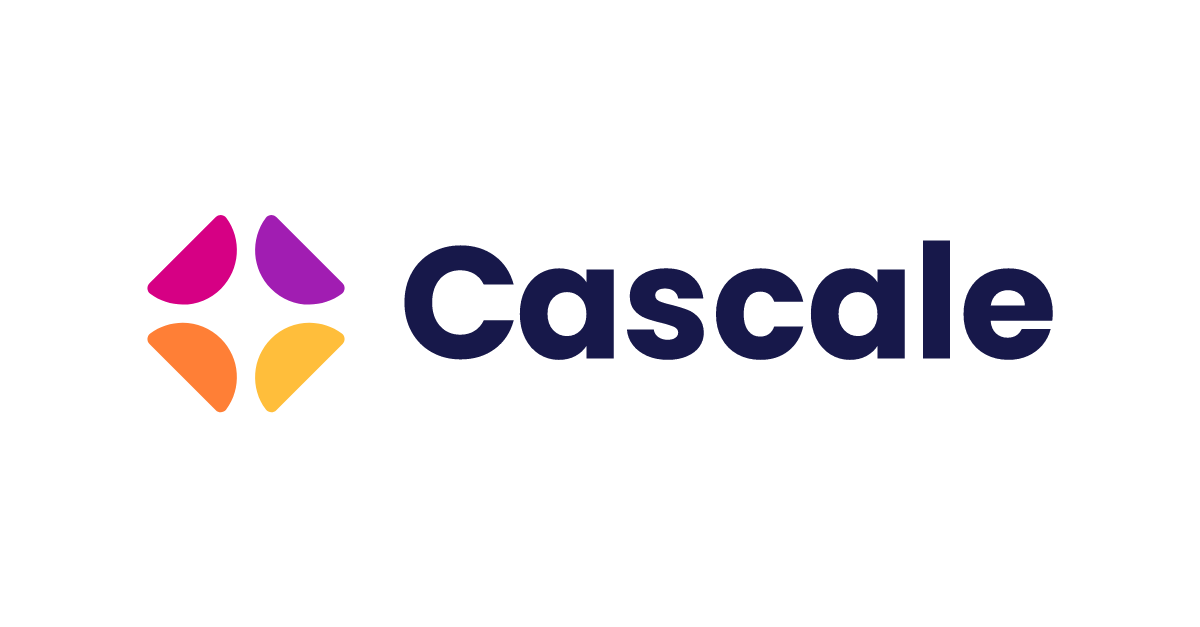Cascale Higg FEM Data Highlights Emerging Opportunities for China’s Textile and Apparel Sector
Analysis underscores pivotal opportunities for China’s apparel industry to build value through sustainability and technology

AMSTERDAM, HONG KONG, and OAKLAND, Calif., September 17, 2025 /3BL/ - Cascale today released a new China Country Report: Macroeconomic and Sustainability Analysis, analyzing the energy landscape, workforce and social responsibility, export and consumer goods market trends, and policy, as well as regional insights from its Higg Facility Environmental Module (Higg FEM), exclusively available on Worldly. The report sheds light on how China’s textile and apparel sector is navigating sustainability challenges while seizing opportunities to lead the global industry toward a cleaner, more innovative future.
“Cascale’s Higg FEM data is a powerful lens into where the industry is headed,” said Jeremy Lardeau, senior vice president, Higg Index. “China remains a critical player in global textile and apparel manufacturing, and has demonstrated it can lead the way in innovation, new technology adoption and scaling. The opportunity now is to leverage sustainability and innovation not only to meet regulatory and buyer demands but to build long-term competitiveness in a rapidly changing market.”
As the industry’s most widely used environmental assessment tool, the Higg FEM measures factory performance across energy use, emissions, water, wastewater, and chemical management within consumer goods value chains. Recent data analysis shows that while China’s vast manufacturing base faces mounting pressure to decarbonize and improve working conditions, the country is uniquely positioned to transform into a hub of low-carbon, circular, and tech-driven production. These include:
- Green Growth and Renewable Energy: With China’s massive investments in solar, wind, and hydro power, factories can increasingly run on clean electricity, lowering emissions and costs. Higg FEM data shows measurable progress among facilities adopting energy efficiency and renewable power solutions, setting the stage for “low-carbon apparel” as a new competitive advantage.
- Circular Economy and Recycling: National initiatives to build a textile recycling system by 2025 align with Higg FEM findings on the growing adoption of water recycling and waste reduction practices. Chinese companies are positioned to pioneer chemical and mechanical recycling solutions that can close material loops and reduce the country’s annual textile waste of more than 20 million tons.
- Technological Innovation and Digitalization: The adoption of automation, AI, and smart factory models – already reflected in operational efficiency gains reported in the Higg FEM – offer pathways to increase productivity while reducing waste.
- Market Diversification and Domestic Upgrading: As Western demand stabilizes, China’s focus on emerging markets and domestic brand building presents new avenues for growth. The Higg FEM shows that higher-performing facilities are already aligning with global buyers’ sustainability requirements, making them well-placed to capture new business.
- Policy Support and Global Collaboration: Chinese factories benefit from policy incentives for green technology adoption and are increasingly engaging with international sustainability frameworks. Cascale’s Higg FEM data provides the transparency and benchmarking needed to align with these initiatives.
Cascale’s analysis suggests that China’s textile and apparel sector is at a pivotal juncture. If the industry embraces renewable energy, recycling, and digital transformation, it can not only reduce environmental impact but also maintain its role as a global leader in textile and apparel production. And opportunities exist: For example, Cascale’s Manufacturer Climate Action Program (MCAP) helps manufacturers (members and non-members) develop and validate Science-Aligned Targets (SATs) to reduce Scope 1 and 2 greenhouse gas emissions across the consumer goods industry. To date, MCAP has engaged 13 manufacturers in China and four have set validated goals with a collective CO2 reduction potential of over 145,000 tCO2e.
Additionally, although social responsibility is not measured by the Higg FEM, broader analysis included in Cascale’s China Country Report shows rising wages and improved safety standards have lifted living conditions for the country’s estimated 7.8 million textile and apparel workers, but challenges remain around long hours, limited worker representation, and compliance. However, global scrutiny and legislation has spurred greater transparency, traceability, and formalization across supply chains. Chinese manufacturers that act decisively could establish themselves as benchmarks for low-carbon, circular, and socially-responsible production.
“Cascale and its members are committed to Combat Climate Change and Support Decent Work,” said Harsh Saini, interim CEO, Cascale. “Our new China Country Report reveals that pursuing these objectives in tandem – pairing action on decarbonization with that on working conditions – is critical for the industry to sustain competitiveness and meet growing expectations.”
Editors: For more information, please contact cascaleforster@forster.co.uk.
ABOUT CASCALE
Cascale is the global alliance empowering collaboration to drive equitable and restorative business practices in the consumer goods industry. Formerly known as the Sustainable Apparel Coalition, Cascale owns and develops the Higg Index, which is exclusively available on Worldly, the most comprehensive sustainability data and insights platform. Cascale unites over 300 retailers, brands, manufacturers, governments, academics, and NGO/nonprofit affiliates around the globe through one singular vision: To catalyze impact at scale and give back more than we take to the planet and its people. LinkedIn | X | Instagram | Facebook | YouTube

